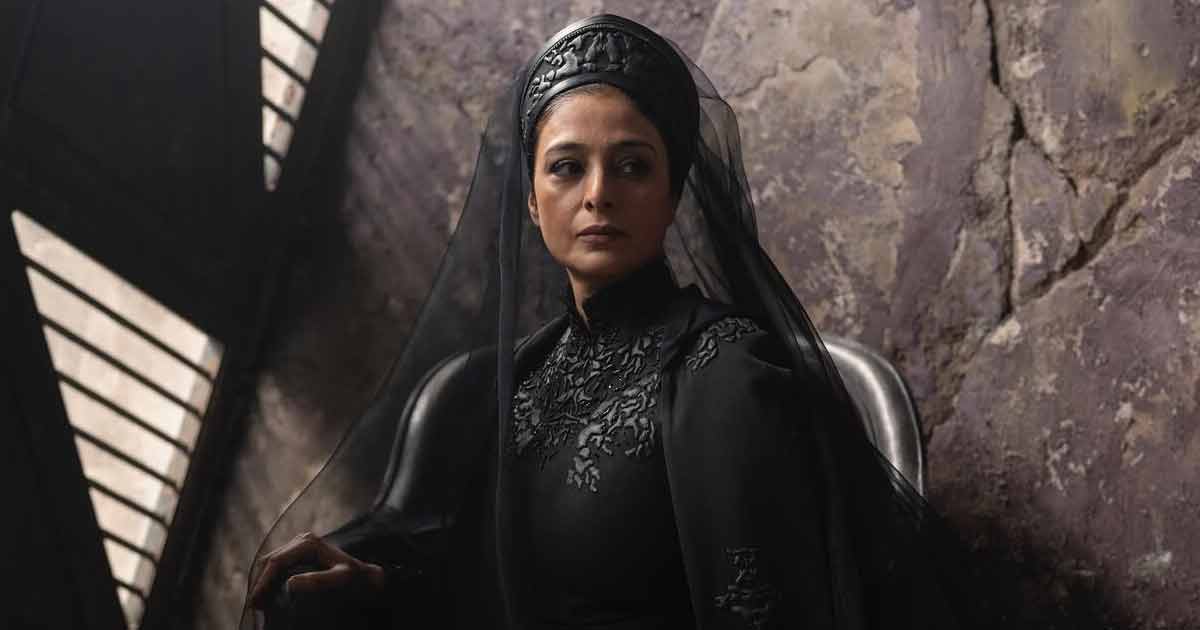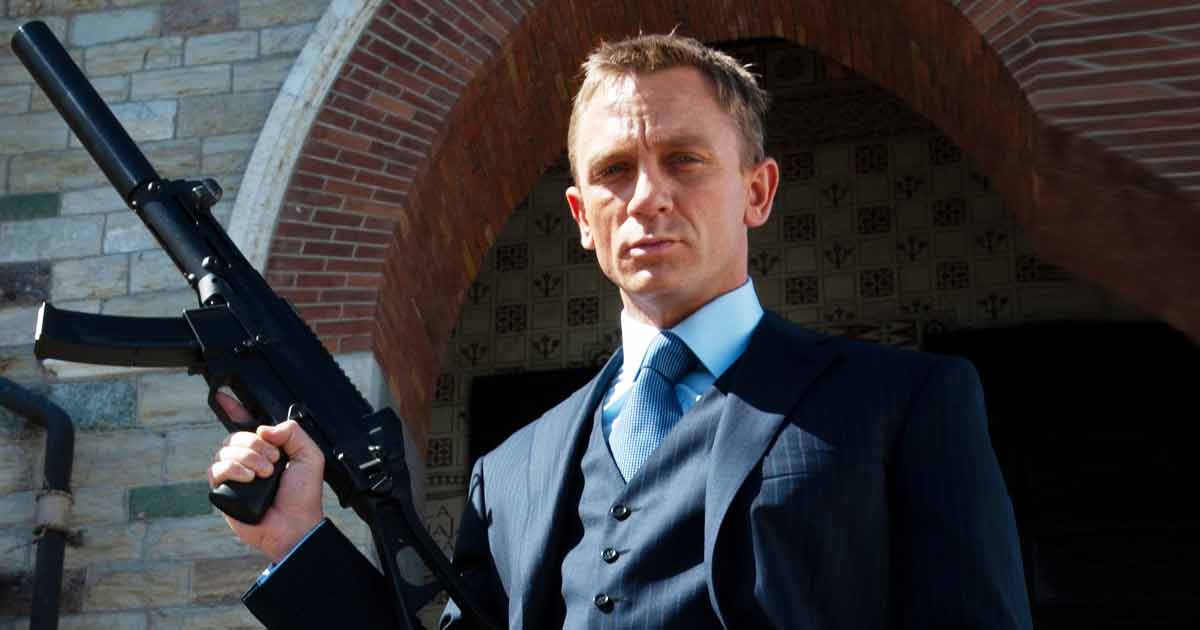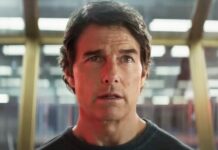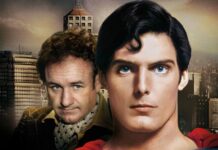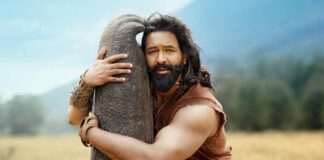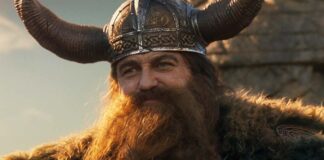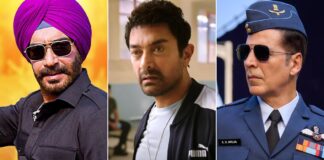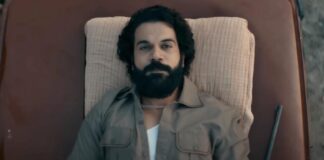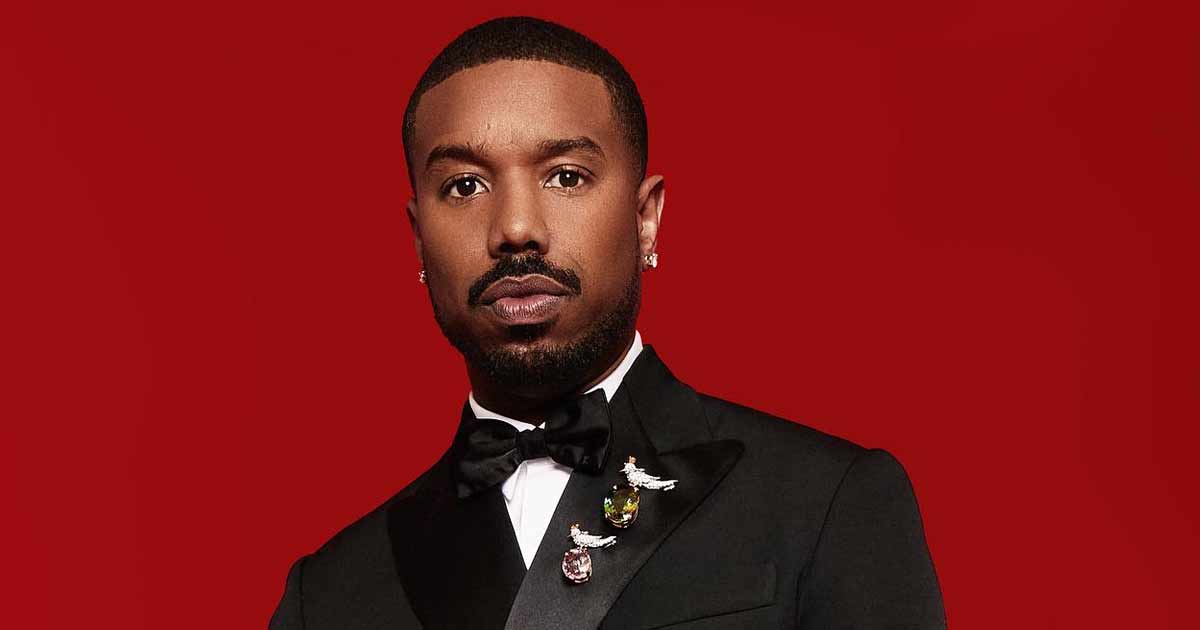
In 2019, the actor opened up about the emotional toll of his Black Panther role, revealing that he turned to therapy to shake off the villain’s dark shadow.
“I went to therapy,” Jordan shared during a SuperSoul Conversations chat with Oprah Winfrey. “I started talking to people, starting unpacking a little bit.” While his Killmonger performance wowed audiences and critics alike, embodying the character came with a heavy cost.
So, what made playing Killmonger such a mental maze? For Jordan, it was the isolation. He cut himself off to tap into the villain’s pain and rage. “I was by myself, isolating myself,” he admitted. “Erik, his childhood was pretty lonely. He didn’t have people he could talk to about this place called Wakanda that didn’t exist.” Jordan dove headfirst into Killmonger’s world, and it wasn’t an easy place to climb out of when filming wrapped.
Trending
And it wasn’t just the solitude. Killmonger’s story—the pain and rage rooted in the African diaspora—added another layer of weight. Jordan explained, “Of course, it’s an extreme, exaggerated version … so to take that kind of pain and rage, that was something I didn’t take lightly.” The stakes were high, and Jordan wanted to do justice to the essence of what Killmonger represented.
But, as Jordan confessed, his approach came with a downside. “I didn’t have a process. I just did whatever I felt I needed to do at the moment. … I didn’t have an escape plan, either.” That lack of a mental exit strategy hit hard once filming ended.
“It was a little tough for me at first,” he said about returning to reality. “Readjusting to people caring about me, getting that love that I shut out—I shut out love. I wanted to be in this lonely place as long as possible.” But staying in that mindset came at a price, leading Jordan to seek professional help.
While therapy helped him decompress, Jordan acknowledged the stigma men face when addressing mental health. “As a man, you get a lot of slack for it. … I don’t subscribe to that. Everyone needs to unpack and talk,” he said, challenging outdated views. “Your mind is so powerful. It’ll push your body past a threshold it would’ve given up on the way before.”
Killmonger wasn’t just a career-defining role—it was a personal challenge that pushed Jordan in ways he hadn’t anticipated. His journey into and out of the character serves as a reminder of the importance of mental health, even in the glitzy world of Hollywood.
In the end, Jordan walked away more muscular, with a new appreciation for therapy and the resilience it takes to balance art and life.
For more such stories, check out Hollywood News.
Must Read: Dwayne Johnson Responds To Speculation About Maui’s Body For Moana Live-Action: “We Got Caught”
Follow Us: Facebook | Instagram | Twitter | Youtube | Google News



 Follow Us
Follow Us